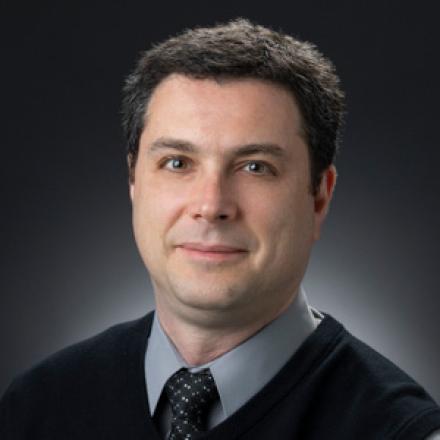Slava Merkin

Slava Merkin is an affiliate scientist in the High Altitude Observatory for the National Center for Atmospheric Research. He is currently a scientist at the Johns Hopkins University Applied Physics Laboratory.
Dr. Merkin has more than 22 years of experience in numerical modeling of space plasmas, in particular, magnetohydrodynamic (MHD) simulations of the Earth’s magnetosphere and inner heliosphere. He has been deeply involved in the development of the Lyon-Fedder-Mobarry (LFM) MHD model of the global magnetosphere, and an adaptation of that code to the solar wind and interplanetary magnetic field (LFM-helio), of which he is the primary author. He initiated and led a project devoted to the full redevelopment of LFM code, now called GAMERA. Dr. Merkin is an expert in the physics of the magnetosphere-ionosphere coupling, with a focus on its treatment in global simulations. Dr. Merkin has led a large multi-institutional team, including NCAR/HAO, to win Phase I and Phase II proposals for the NASA DRIVE Science Center for Geospace Storms (CGS). CGS is developing a Multiscale Atmosphere-Geospace Environment (MAGE) model which include the coupling of the GAMERA magnetosphere model with the NCAR ionosphere-thermosphere, and ultimately whole atmosphere models. Dr. Merkin’s work on the development of space plasma simulation codes, and coupling between different physical regions and regimes, has spanned the domains from Earth’s ionosphere, to the magnetosphere and solar wind. He has contributed to many areas of space research, including the physics of the strongly driven magnetosphere, magnetopause boundary instabilities, magnetotail stability and reconnection, particle acceleration, and heliospheric magnetic structure, among others. Dr. Merkin is an active member of the space science community: the models he has developed are available through the Community Coordinated Modeling Center to a wide range of scientists; he has served as a Research Area Coordinator for the Geospace Environment Modeling community; he regularly serves on review panels and as a peer reviewer for scientific journals; he has served as a member of the AGU SPA Fellow selection committee in 2022; he is currently serving as a member of the NCAR SIMA Advisory Committee; and he is serving as a member of the Decadal Survey for Solar and Space Physics (Heliophysics) 2024-2033 Committee.